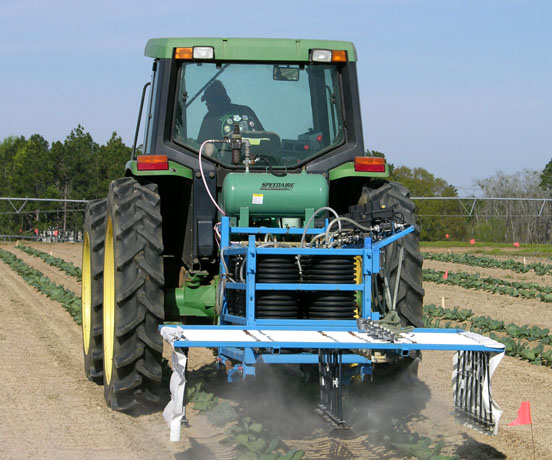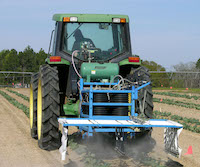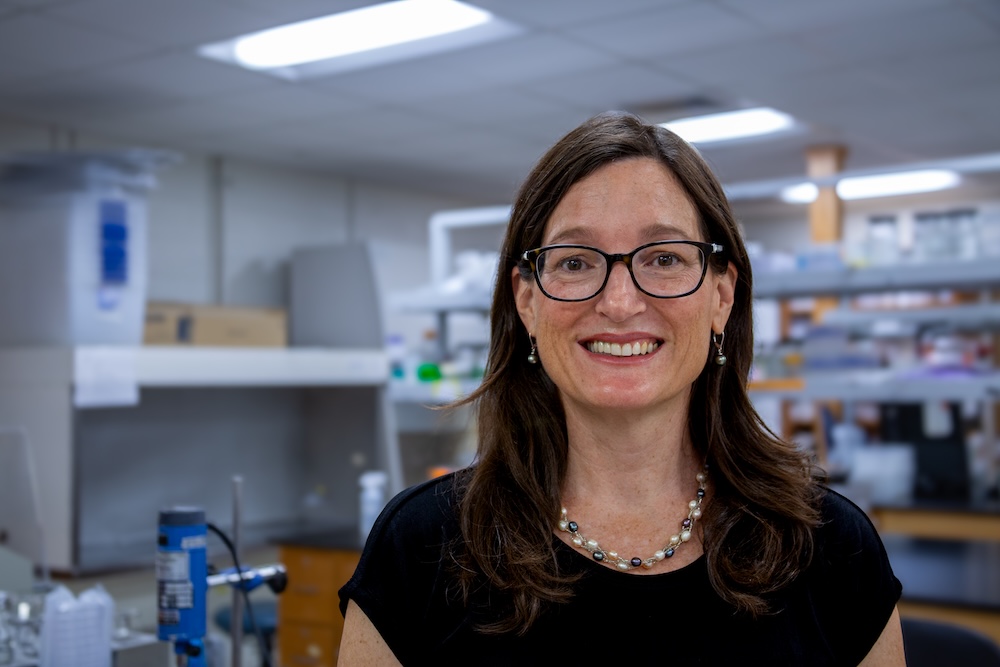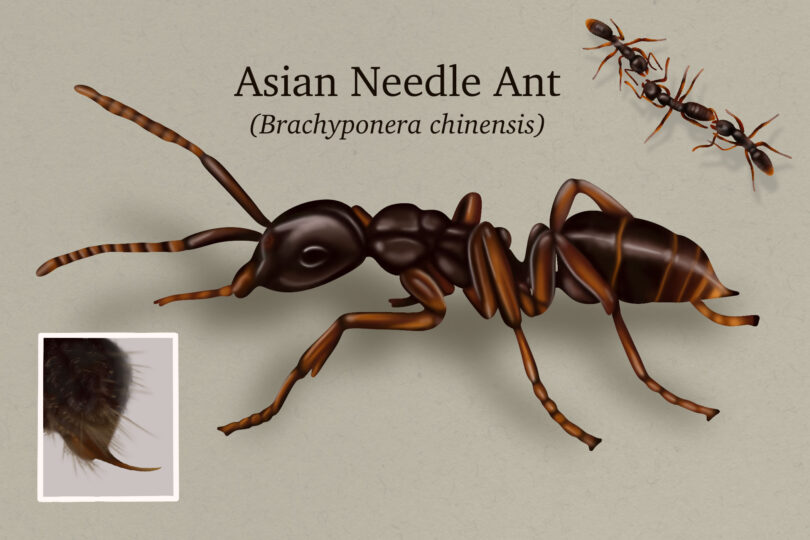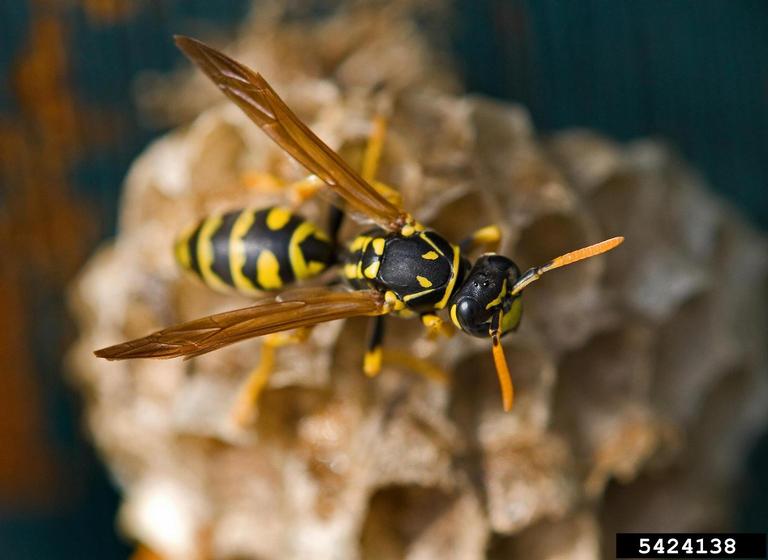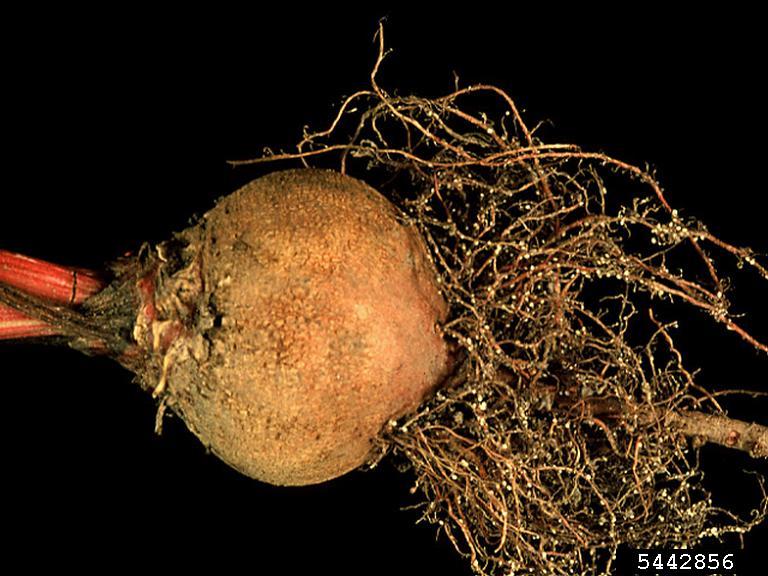One of University of Georgia Cooperative Extension’s key commitments to the state and its farmers is to provide the training and information that private pesticide applicators need to ensure the safe use of pesticides.
The way that UGA Extension offers trainings, exams and continuing education classes for pesticide applicators’ license renewals will change in the coming months. This change will ensure that UGA Extension can continue to provide pesticide safety education throughout the state, while staying in line with changes mandated by the U.S. Environmental Protection Agency (EPA).
“Our commitment to the safety of those who work on farms, those who eat the produce grown in our state, and the general public has always been a big part of what we do here,” said Mark McCann, assistant dean for Agriculture and Natural Resources Extension at UGA. “We will continue to make sure that those who use restricted-use pesticides as part of their livelihoods – landscapers and farmers – will have 24/7 access to the training they need to use those pesticides safely.”
UGA Extension has developed a state-specific curriculum and exam series for private pesticide applicators.
To comply with EPA rule changes and to offer Georgia’s farmers and pesticide operators more focused, local instruction, the UGA Pesticide Education Program created a new curriculum and set in place an online training system which is available 24/7.
While these changes will be more convenient for farmers and other private pesticide applicators, they will require a $25 fee for the online training program. The current program was free of charge.
Along with the EPA rule change that allows for more local control over training, federal funds that previously supported training have been rolled back, so UGA Extension will have to charge fees to offset that loss of funding.
“We have tried to position the fee so it’s not an impediment, but it does offset a portion of the costs,” McCann said. “There is no additional licensing fee from the Georgia Department of Agriculture.”
This new system will take effect May 1, 2017.
Major changes in Georgia’s program based on the EPA rule change are as follows:
- Recertification credits: Pesticide applicators were required to attain three hours of continuing education credit every five years. In the future, they will need to attain five hours every five years. This rule needs to be made official within the regulations of the Georgia Department of Agriculture, so it will not take affect until the department updates its rules.
- New emphasis on safety: All future workshops and field days offering continuing credits for the pesticide licensure will include a section on pesticide safety. This section must take up 10 to 15 minutes of the workshop or field day.
- Online course fees: In order to cover the costs of instruction, new materials and trainings, online courses will cost $25, which will partially support the UGA Extension Pesticide Education Program. The course is currently free.
- Online training: In the past, most training has taken place in county Extension offices. The new training will be taken online. Testing is done at the end of each section. A passing score is required to proceed to the next section.
- Testing: Trainees now take about two hours to complete the course and certification test. Under the new program, it will take four to five hours to complete. However, individuals can take a break and return to the online course as needed.
- Temporary licensure: Currently, farmers can get a temporary license upon completing the exam and the license application with their agent. This will continue in the new program.
For more information about pesticide trainings, please contact your local UGA Extension office at 1-800-ASK-UGA1.

